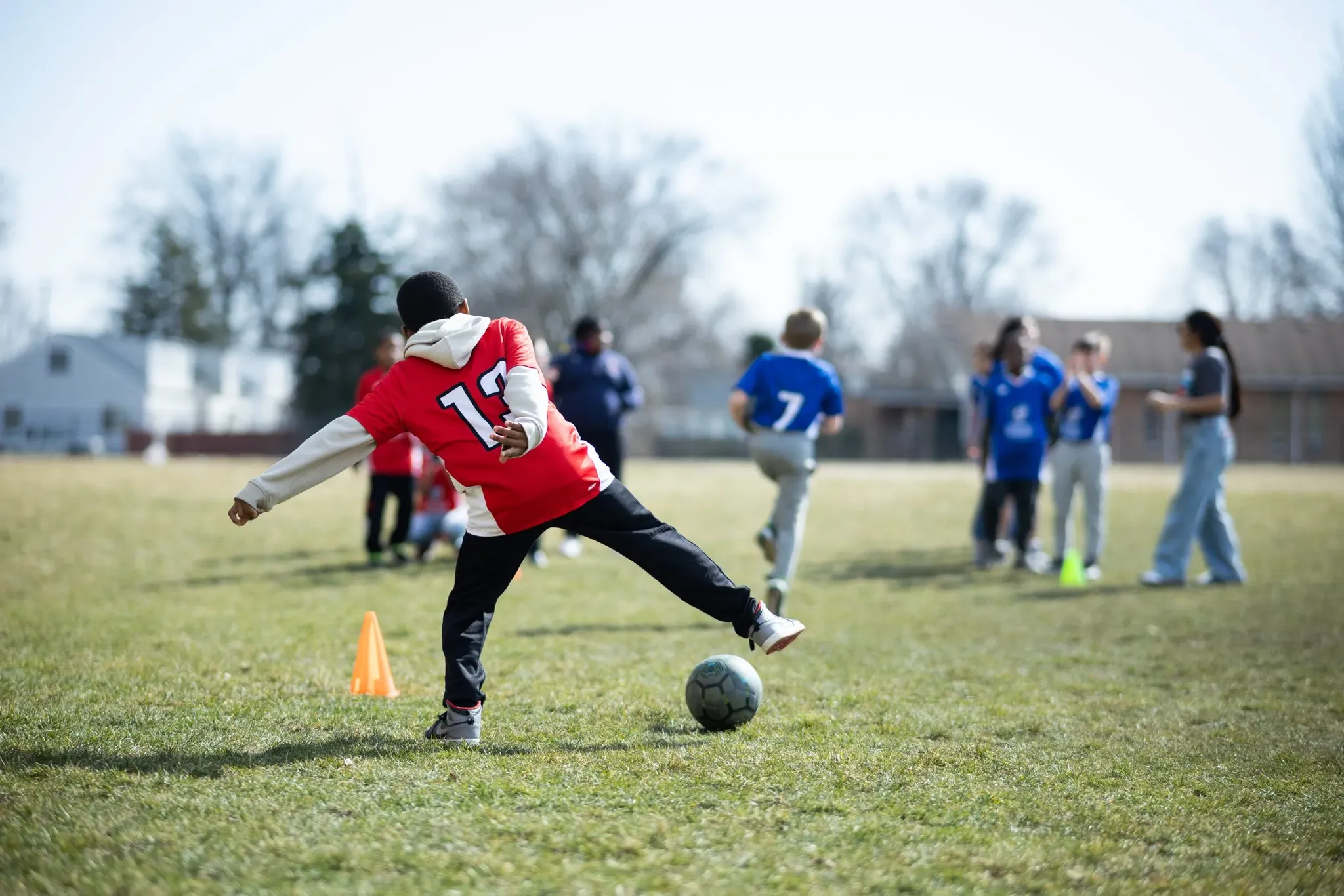While schools across America prepare for the new academic year, an unexpected freeze of $6 billion in federal education grants has raised concerns in northeastern Ohio. This move, initiated by the federal government to review spending, threatens key programs that support vulnerable populations — from immigrant education to teacher professional development and preschool initiatives. But perhaps the most affected will be before- and after-school care programs, which serve as a lifeline for low-income families, providing a safe environment for children and opportunities for their development.
The Community Learning Centers (CCLC) program, funded by federal grants, is the foundation for many communities in the region. It offers students from economically disadvantaged families academic support, extracurricular activities, and a safe space during critical after-school hours. However, due to the freeze on funding, which was due to arrive by July 1, organizations such as the Northeast Ohio Boys & Girls Club find themselves in a state of uncertainty, forced to review budgets and prepare for the worst.
Allen Smith, Executive Director of the Northeast Ohio Boys & Girls Club, does not hide his concern. His organization, serving 1,200 teens across 11 CCLC centers in Cleveland, Lorain County, Summit, Erie, and Huron, was counting on a $1.8 million grant to operate in the upcoming school year. "We create a safe environment where children can learn, grow, and dream," Smith said in an interview, his voice filled with both hope and frustration. "But without these funds, we are forced to consider cuts that could leave hundreds of children without support."
The consequences of the funding freeze are felt not only in numbers. In schools like Joseph M. Gallagher and Franklin D. Roosevelt in Cleveland, CCLC programs offer more than just after-school care. They provide meals, homework assistance, and access to extracurricular activities such as field trips or arts projects, which many children would otherwise not be able to reach. "Juvenile offenders often occur between 3:00 and 6:00 p.m.," Smith noted, citing statistics that emphasize the importance of these programs. "We are not just filling this time. We are changing lives."
Meanwhile, uncertainty weighs heavily on communities. Smith shared that his team is developing contingency plans, including the possible relocation of children to other facilities if funding is not restored. "We are doing our best to minimize the impact," he said, "but the reality is that without these funds, we will be able to serve significantly fewer children."
Other organizations in the region are also feeling the pressure. University Settlement in Cleveland, another recipient of the CCLC grants, has already reduced its staff in anticipation of potential funding shortages. Attempts to get clarification from the U.S. Department of Education or the Office of Management and Budget have been unfruitful, only increasing anxiety among local leaders.
The funding freeze was a shock to many, as programs like CCLC have long demonstrated their effectiveness in improving academic success and reducing youth crime rates. According to studies by the National Assessment of Education Progress, students participating in quality after-school programs perform better on tests and are less likely to get into trouble. However, as the federal government reviews its expenditures, these proven initiatives are now at risk.
As Congress and federal agencies deliberate over these $6 billion, Ohio communities remain in limbo. For organizations like the Boys & Girls Club, the issue is not just financial — it’s about the future of children, who rely on these programs for a chance to succeed. "We believe that the government recognizes the value of our work," Smith said, his tone cautiously optimistic. "But faith will not replace funding."
For now, families and educators await, hoping that the fund freeze will be lifted before the school year begins. But with each passing day, the risk grows that thousands of children in northeastern Ohio will be left without vital resources that shape their present and future.


